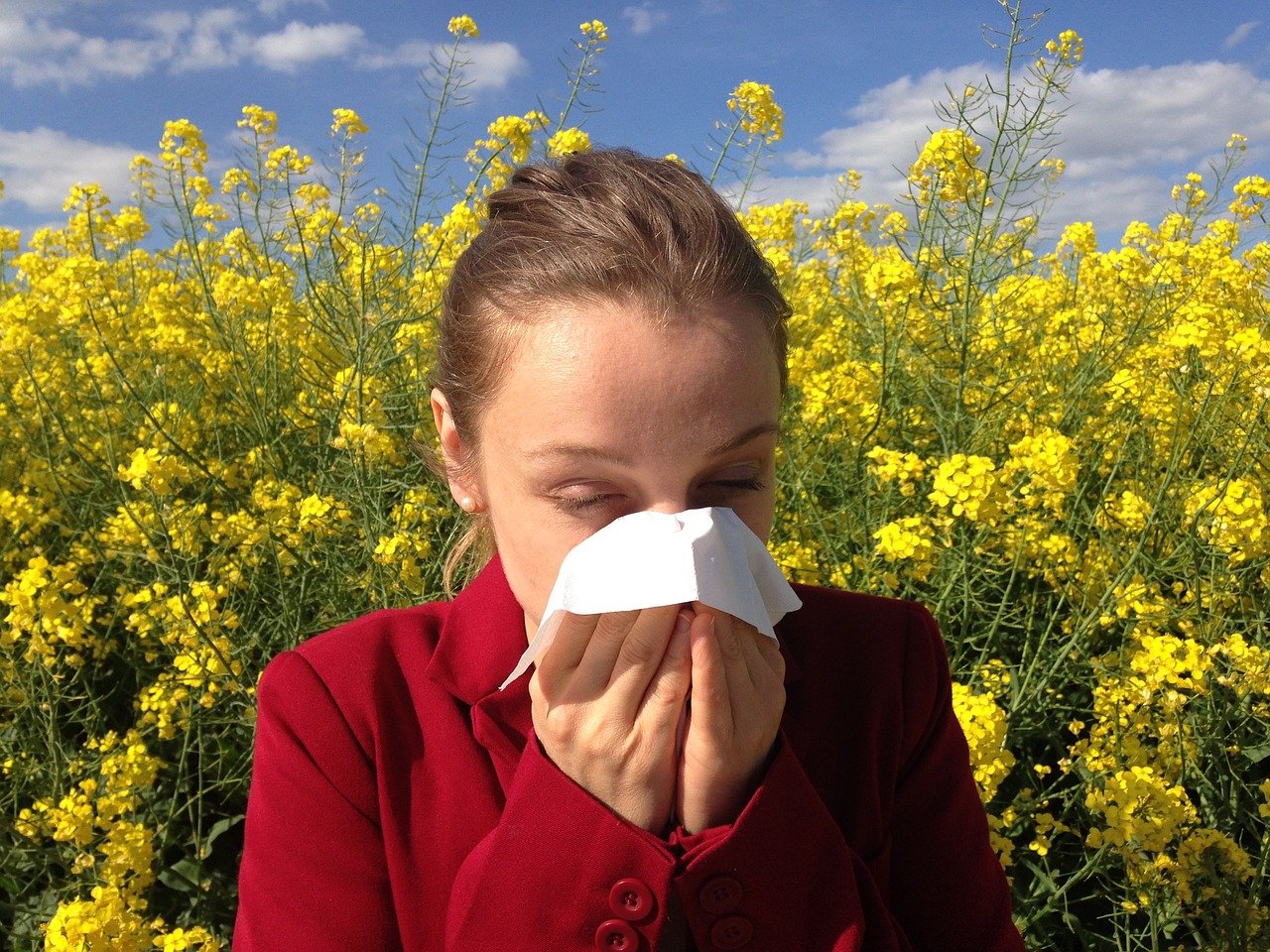Health Problems to Look Out for This Summer (And What to Do about Them)
We’re all familiar with the nasty bugs that crop up as the weather starts to cool and winter approaches, but what about the summer? For many, the long-awaited summer months mean days at the beach, holidays abroad or simply relaxing in the garden (or the pub!) with a cold drink after a long day at work, but it can also bring a host of health problems.
Here’s what to look out for and what you should do if you’re struck by a summer bug.
Seasonal Allergies
For those with hay fever or seasonal allergies, the summer months can be a tough time. Instead of being able to enjoy sitting outside, allergy sufferers often relegate themselves inside for relief from their constant sneezing, runny nose and tear-strewn, itchy eyes.
The most common allergy is to pollen, of which there are different types. Tree pollen is often at its highest from March to May, but it’s quickly followed by a peak of grass pollen from May to July and weed pollen from June until September. For those whose allergies are triggered by multiple types of pollen, it can feel like their hay fever symptoms never let up.
If you have seasonal allergies, the best way to alleviate your symptoms is to avoid your triggers, but that isn’t always possible. Fortunately, various over-the-counter treatments are available, such as nasal sprays and antihistamines. Before taking antihistamines, check the label — some tablets can make you feel sleepy. If you plan on driving or need to go to work, you should opt for a non-drowsy antihistamine.
Sinusitis
If you’ve ever had a pounding pressure headache and felt tenderness around your eyes and cheeks, you probably had sinusitis — a swelling of the sinuses. It’s common after a cold or flu, so you might think you’re only at risk in the winter, but sinusitis also happens during the summer.
Inside the sinuses are tiny hairs called cilia. These play a vital role in keeping your sinuses clean and healthy by sweeping away mucus that can clog them up. But when it becomes very hot or humid, the membranes in your nose dry up, causing the mucus to thicken. On top of that, the cilia can’t function as effectively in hot or humid conditions, so the mucus builds up.
This provides a breeding ground for bacteria, causing inflammation and painful symptoms.
If you have sinusitis, your GP or pharmacist may recommend antihistamines — if it’s caused by allergies — or nasal sprays or drops, which reduce swelling in your nose and allow the mucus to drain. Sinusitis is usually caused by a viral infection, but if it’s caused by bacteria, your GP may prescribe antibiotics.
If your sinusitis doesn’t clear up after treatment or you keep getting it, you may be referred to an ear, nose and throat (ENT) specialist. While surgery is always a last resort, you can have an operation to treat chronic sinusitis.
Called functional endoscopic sinus surgery (FESS), it involves either removing some of the blocked tissue in the sinus or inflating a tiny balloon and then removing it. Both of these methods widen the sinuses to prevent sinusitis from recurring. You can get this procedure on the NHS, with an estimated wait of up to 18 weeks, although the long waiting list means you may not receive an appointment until much later. Alternatively, you can go to a private hospital.
Swimmer’s Ear
Otitis externa is an infection of the external ear canal, but it’s commonly known as swimmer’s ear because it’s more likely to occur when the ear is repeatedly exposed to water.
When water stays in the ear canal for a long time, the skin becomes soft and moist, providing an ideal environment for bacteria. Swimmer’s ear usually only affects one ear, causing itchiness, ear pain and discharge. You might also have some degree of hearing loss.
Prevention is better than cure. To prevent swimmer’s ear, dry your ears thoroughly with a towel after a bath, shower or swim and tilt your head back and forth so that any water trapped in the ear canal can trickle out. You should also avoid removing ear wax. The ear is self-cleaning, and wax helps protect your ear against infection, so stay away from the cotton swabs.
If you have otitis externa, it usually clears up on its own, although it may take several weeks. If you’re in severe pain or experiencing a heavy discharge from the ears, visit your GP — they can prescribe ear drops that will clear the infection in a couple of days.
Heat Exhaustion
If you’re in a climate where the weather isn’t regularly hot or humid, you might welcome a temperature change. But when it gets too hot, it can not only be uncomfortable — it can also cause heat exhaustion.
Heat exhaustion can cause unpleasant symptoms, including tiredness, headaches, nausea and dizziness. It’s not a medical emergency, but you must cool down fast if you’re experiencing these symptoms.
To treat heat exhaustion, avoid physical activity, close the curtains and drink plenty of cold water. You may also want to apply an ice pack or freeze a hot water bottle — just make sure you wrap it in a towel or covering to prevent frostbite. You should also avoid wearing tight and restrictive clothes and opt for something loose, comfortable and light.
If you don’t cool down within 30 minutes or have trouble breathing, you shouldn’t hesitate to call emergency services. If heat exhaustion isn’t treated promptly, it can lead to heatstroke, which can cause internal damage and even be fatal.
Many of us embrace the return of summer, but you’re just as much at risk of illness as you are during the cold winter months. Knowing what health issues you need to look out for and how to treat them, you can make the most of the sunshine while it’s here.

